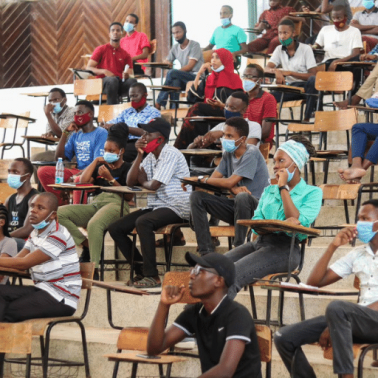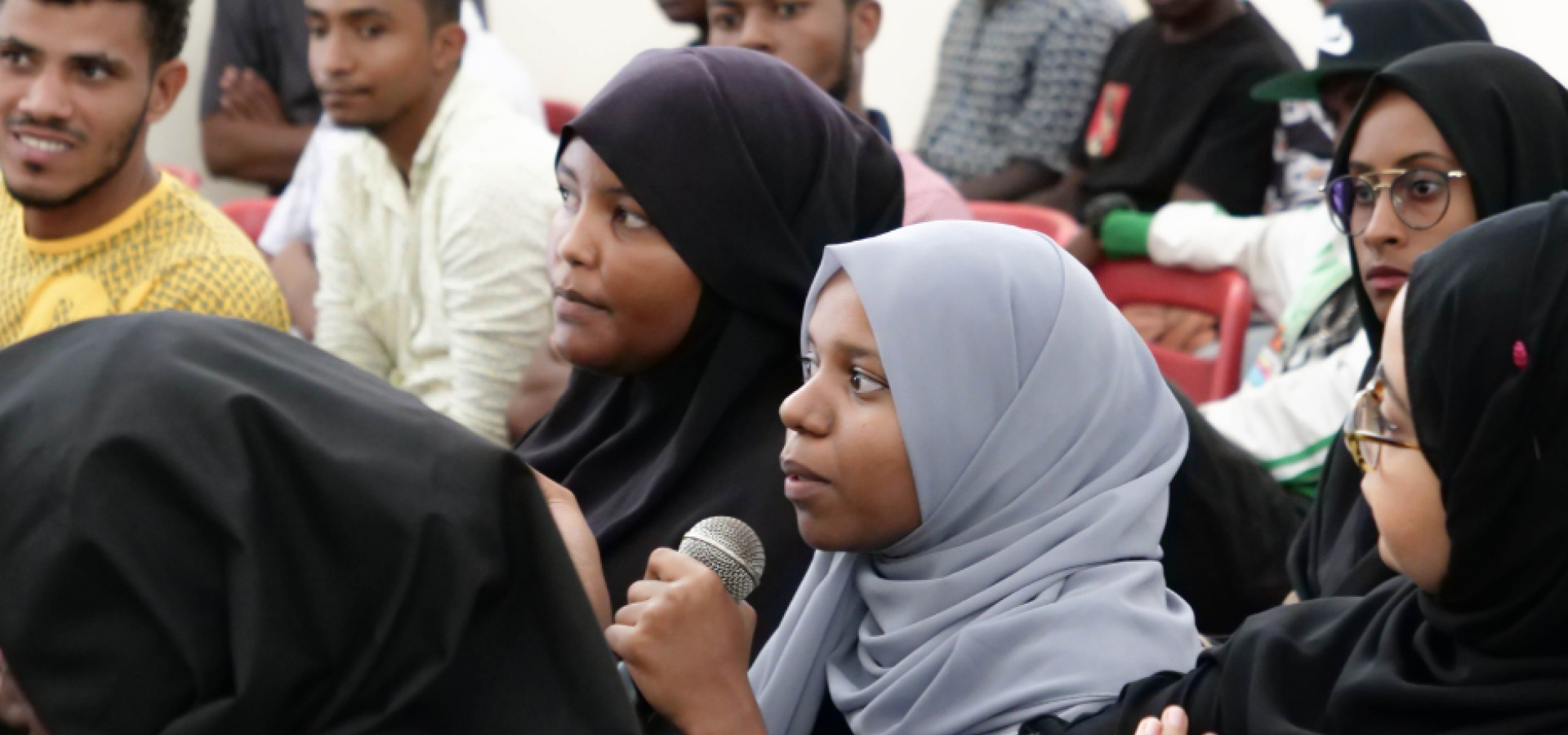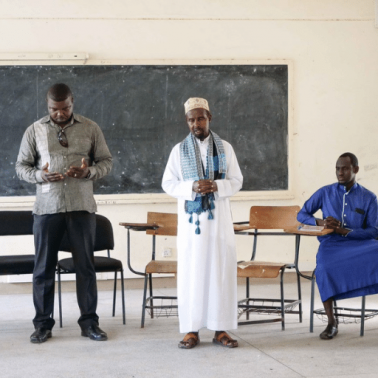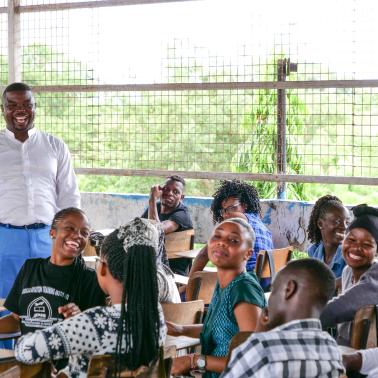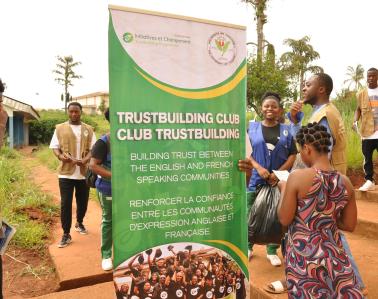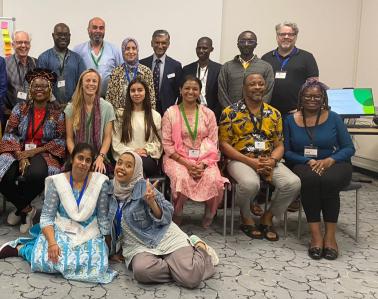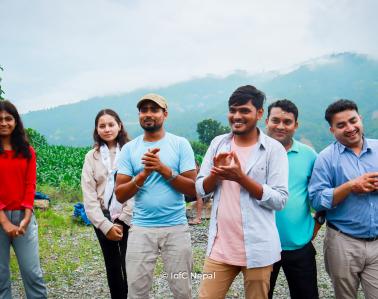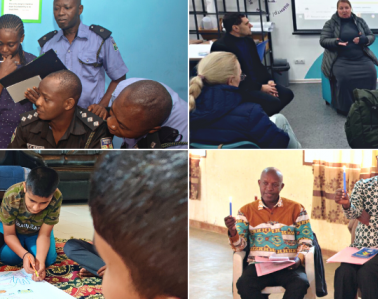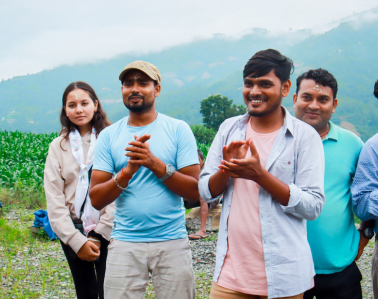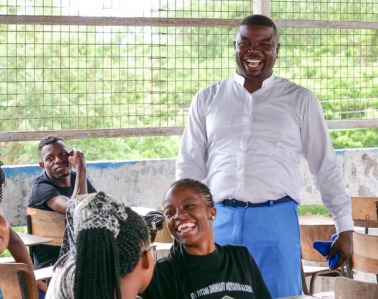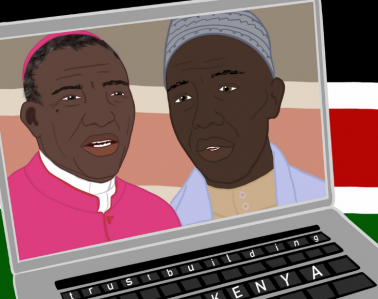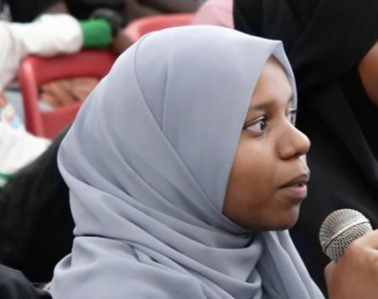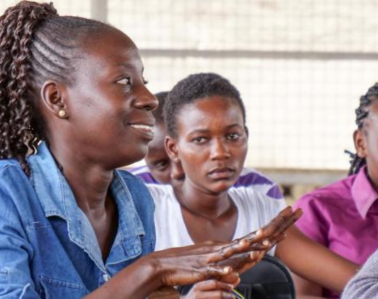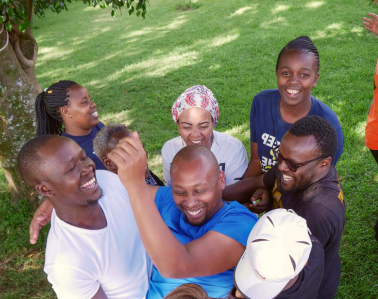Why is trust needed?
Kenya has witnessed multiple terror attacks and inter-ethnic clashes, especially in the coastal region of Mombasa and the North-Eastern region of Garissa. This has resulted in mistrust, tensions, hate, stigma and negative perceptions within communities between people of different faiths and ethnicities.
Radicalisation of young people into terror groups has been on the rise in Mombasa, negatively affecting the tourism industry. The result has been an economic slowdown and idle youth vulnerable to drug abuse, crime and further radicalisation.
